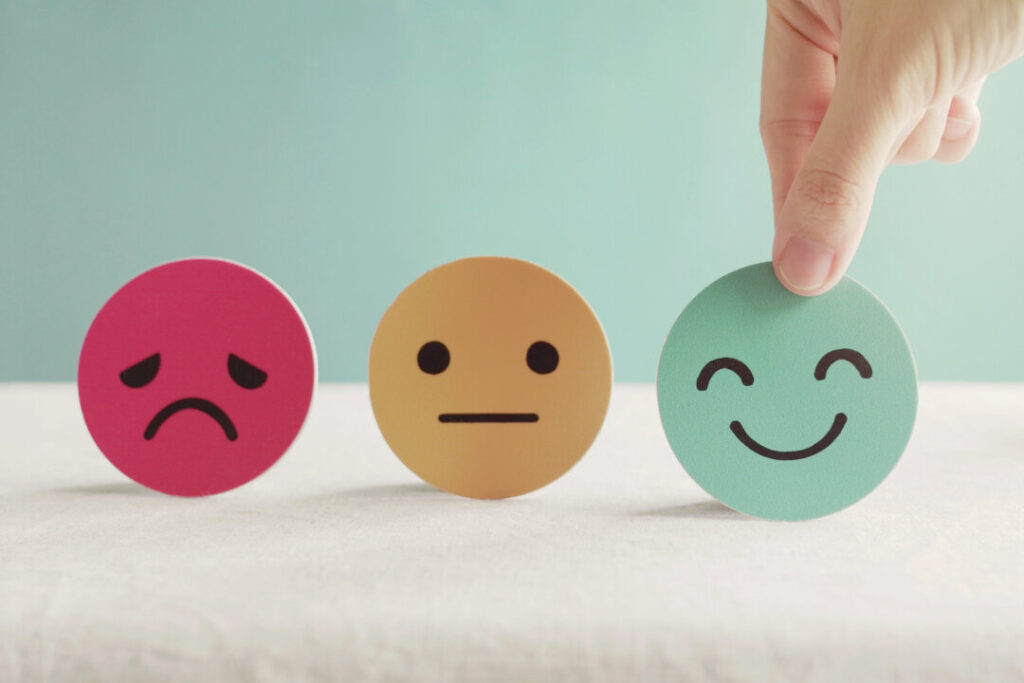More than half of young adults say they withheld mental health information from friends and providers, citing stigma and fear of judgment.
While most adults in the US say they feel positive about their mental health and are comfortable talking about it, according to new research data released for the National Mental Health Awareness Month, optimism is declining among young Americans who are unlikely to speak up or receive support.
However, these numbers drop significantly among adults aged 18-34. Nearly a quarter of young adults said they were less comfortable talking about mental health than any other age group. More than half say they withheld mental health information from friends and providers before, often citing fears of lawsuits and judgment.
Access remains another important barrier. Almost 60% of young adults say they are seeking professional help, but only 43% say they can get care. Many reported that they had difficulty finding a provider that would accommodate new clients and people who would suit their treatment needs. Cost and insurance issues were more common among younger respondents than older respondents.
The survey found that 84% believe the term “mental illness” is still stigmatized. About 35% said they would view someone differently if they found out that a person had a mental disorder.
Despite growing awareness, resistance to seeking help continues, with 41% of adults saying they often feel uncomfortable seeking support from others. More Americans said they would hesitate to request accommodation due to mental health concerns at work or school rather than physical health issues.
Still, there is a high demand for mental health care. 45% of respondents said they had previously wanted care, while 17% said they would like to do so in the future. Of those who sought support, most were more interested in treatment than medication or diagnosis.
Self-care is widely accepted. 96% say it’s important, but emotional disorders remain. More than one in five adults say they feel guilty about taking time out for themselves, and over a quarter say they feel lazy when they feel stressed. These feelings were most common among women and young adults.
Mental Health Awareness Month
According to the National Alliance on Mental Illness (NAMI), Mental Health Awareness Month fell from 1949 to May.
In his declaration, Trump wrote: “During National Mental Health Awareness Month, we recognize millions of Americans affected by mental health challenges, and my administration is committed to prioritizing their happiness priorities.”
He added that mental illness can affect anyone, regardless of your background or situation, and “you don’t have to face just these challenges.”
“Recognizing the signs, fostering open dialogue and showing compassion are essential steps to addressing mental health challenges and supporting those facing them,” the declaration said. “My administration faces the mental health challenges our country faces as part of an effort to improve the overall health and well-being of all Americans.”
The president also added that it is important to remember the mental health care and suicide prevention resources that are in place for men and women in uniform.
“People who defend our country should have a hard time getting help when they need it most,” the declaration said.
“If you are struggling with your mental health, it is important to reach out to others and seek professional support.
Nami adds that it is important to share her story and do the same to others, especially young people.
“Together, we create movements of courage, healing and connection,” Nami wrote on her Mental Health Awareness Month webpage. “Share your mental health stories by sending videos, messages, quotes or using #MymentAlHealth on social media.”



